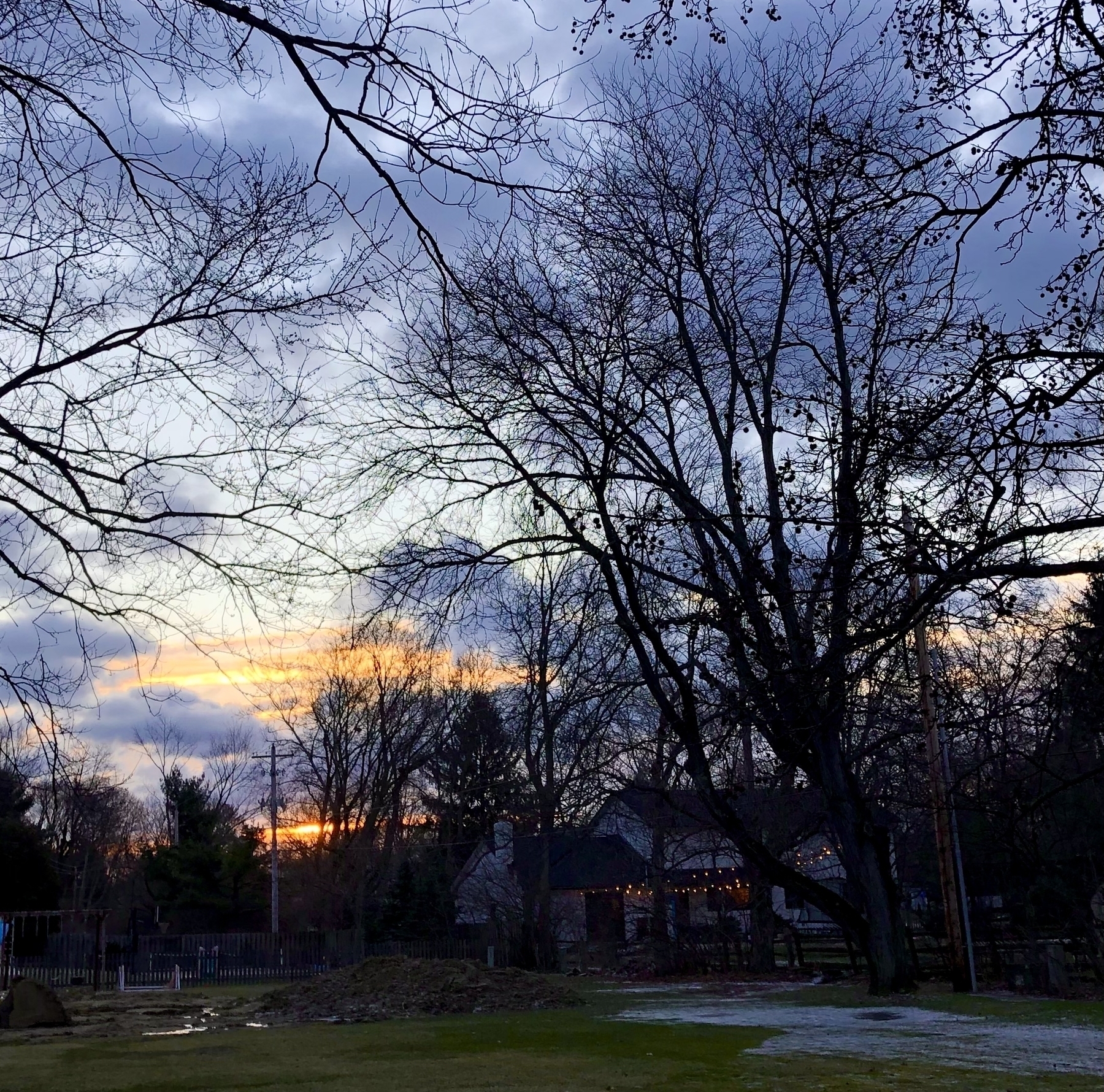19 February 2022
Jalál, 14 Mulk (Dominion), 178 B.E.
Seen
Sunrise today

Done
Participated in a Zoom call with the How’s The Weather? (HTW) core team to celebrate our accomplishments thus far and consider next steps. There is tendency to conflate distribution of the HTW letter with non-email platforms through which that distribution takes place. Most notably, if we use a timebank network for distribution then the letter becomes associated with timebanking — even though there is no mention of it in the letter. The same happens when we use Facebook or any social media platform for outreach. This has the potential to slow / squelch the rollout unless the letter gets picked up by younger folk who have no problem distributing it on multiple platforms. Interesting challenge.
Stephen Beckett, founder of hOurworld, made an important observation during the call: the number of active timebanks and exchanges logged by individual timebank members in the hOurworld network dropped significantly over the past couple of years. Obviously, timebanking participation took a hit in response to the pandemic. This also underscores the significance of face-to-face interactions as the basis of trust and value that fuels the exchanges among timebank members. Without that personal contact, the value of one’s time and the trust that one will deliver on commitments wanes. Although the pandemic’s waves forced more people to stay at home and become proficient at virtual connections along local to global continua this did not build more value within timebanks nor did it increase member exchanges. This is worth investigating further to learn why.
Noted
Astral Prospecting on Instagram and Astral Prospecting on Facebook
Marc Bosserman on Instagram Marc Bosserman on Facebook, and Marc Bosserman Music and Musings on YouTube
Quoted
When we see photographs of the earth from space, we see no boundaries between us, just this one blue planet, a natural world that supports us all. Therefore, we have to see humanity as one family and the natural world as our home. It’s not necessarily somewhere sacred or holy, but simply where we live—so it’s in our interest to look after it.
Today, we are interdependent as never before and yet we still tend to think in terms of ‘us’ and ‘them’. We need instead to consider how our actions, and the way they affect the environment, are likely to affect others. When I lived in Tibet, people were very careful not to harm animals because they were aware that they were sentient beings like us, but we were not so concerned about the environment. We were a small population living in a huge land and by and large we thought nature looked after itself.
We human beings are the only species with the power to destroy the earth, as we know it. Yet if we have the capacity to destroy the earth, so, too, we have the capacity to protect it. Unfortunately, the damage we are doing to the atmosphere happens gradually, so we do not really notice it until it’s almost too late. Our dependence on fossil fuels is such that although we were warned long ago about the threat of carbon dioxide in the atmosphere, we have done little to stop.
Leaders must confront the issue of global warming on an international level for all our benefit. But on a personal and family level too we need to develop a much clearer awareness of our actions and their consequences, such as how we use water of dispose of our garbage, so that taking care of and limiting damage to the natural environment becomes an ordinary part of our daily life. That is the proper way, and it can only be achieved through education.
This book, HERE: Poems for the Planet, contains many beautiful, generous poems and ideas for action. It is my heartfelt hope that they will inspire readers who ask themselves, “But what can I do?” To see that there is a way forward—learning to share the earth and its resources, while taking care of it together.
27 June 2018
Tenzin Gyatso
The Fourteenth Dalai Lama 1
- Coleman, Elizabeth J., editor. HERE: Poems for the Planet. Illustrated Paperback Edition, Copper Canyon Press, 2019, Foreword, xiii. [return]